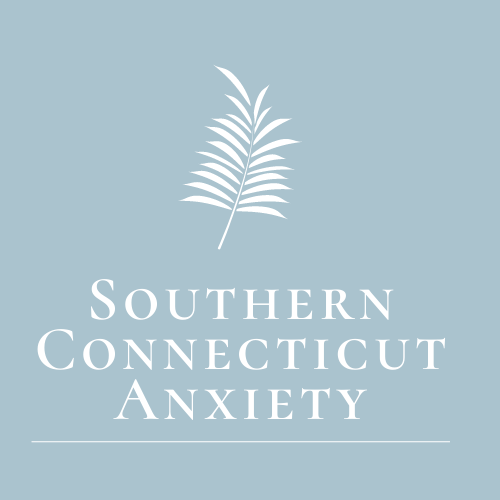
Understanding OCD
What is Obsessive Compulsive Disorder?
People with OCD experience obsessions and compulsions. Obsessions are intrusive and unwanted thoughts, images, or urges that cause distress or anxiety. They can create uncomfortable feelings like fear, disgust, doubt, shame, or a “not-right” feeling that can be difficult to control. Compulsions are behaviors that the person feels compelled to perform in order to ease their distress or suppress their unwanted thoughts. Some of these compulsive behaviors are visible, physical actions while others are mental. Common obsessions include concerns about contamination, cleanliness, aggressive impulses towards self or others, doing something until it feels “right,” or the need for symmetry. Common compulsions include checking, washing/cleaning, reassurance seeking, excessive mental review, avoiding, prayer, and repeating routine behaviors. There isn’t always a logical connection between obsessions and compulsions. Many people with OCD recognize that their obsessions and compulsions are not rational. Nevertheless, they still feel a strong need to perform the repetitive behavior or mental compulsions (also called rituals). Someone with OCD may spend several hours every day focusing on obsessions and performing rituals. If left untreated, OCD can be chronic and can interfere with a person’s normal routine, schoolwork, job, family, or social activities.
While OCD can be very debilitating, it is also highly treatable. The most effective treatment for OCD is a type of Cognitive Behavior Therapy (CBT) called Exposure and Response Prevention (ERP). I will help navigate you through therapy so you can face your worries and resist performing compulsions. We will always work at your own pace, and you will never feel pressured to participate in an exposure. Through treatment we will help you understand your OCD and integrate new, healthy coping strategies.
OCD can present in many different ways.
Some subtypes of OCD include:
Contamination OCD
"Just Right" OCD
Fear of Harm (to self or others) OCD
Perfectionism OCD
Relationship OCD
Sensorimotor OCD
Perinatal OCD (includes postpartum)
Religious & Moral Scrupulosity OCD
Sexual orientation Focused OCD
*This list is not all-inclusive, and your OCD may present differently than listed here.
The Anxiety and Depression Association of America and the International OCD Foundation have more information on OCD.
